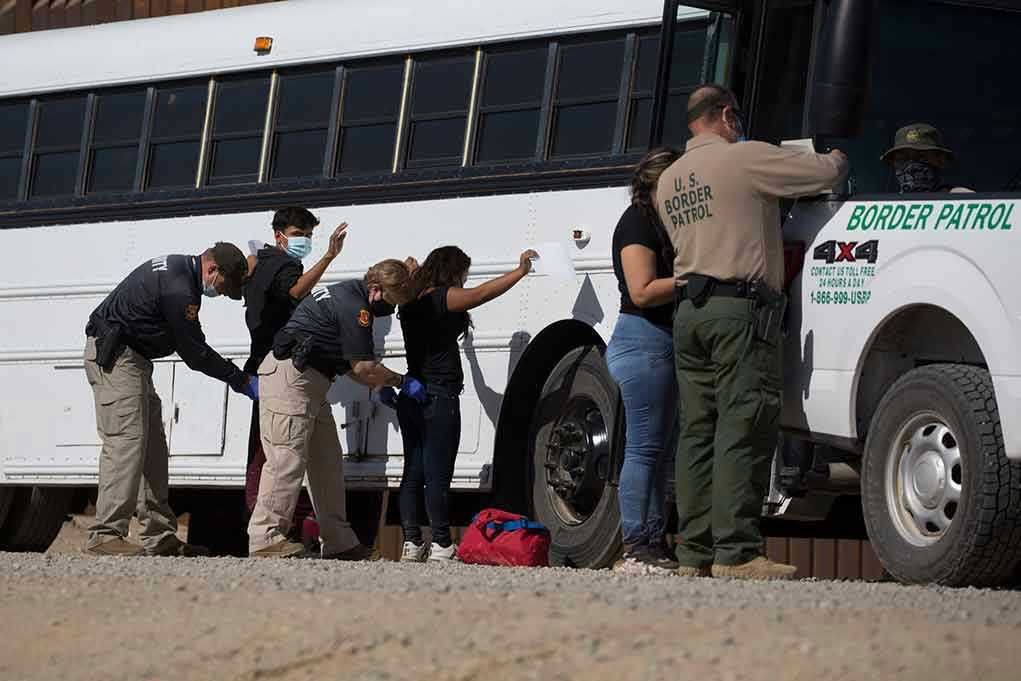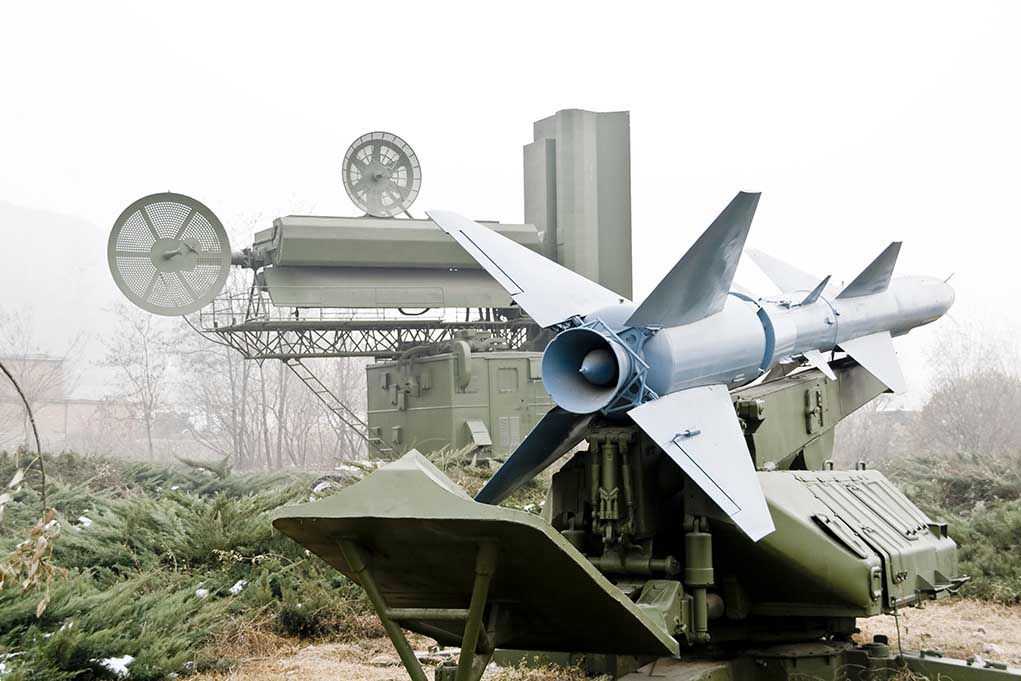
When a so-called “liberal democracy” turns a blind eye to the suffering and exploitation of nearly a million migrant workers, you have to wonder just how much freedom that system is really willing to share—or if it’s just another rigged game for the ruling elite and their cronies.
At a Glance
- Taiwan’s migrant workforce will soon surpass one million, but tens of thousands are fleeing exploitative brokers and living undocumented.
- Government “reforms” have hiked up fines and toughened enforcement, but left the unaccountable broker system in place.
- NGOs are flooded with desperate families and children as the number of undocumented migrants doubles in four years.
- Despite its democratic image, Taiwan’s reliance on imported labor exposes a system built on cheap foreign workers stripped of legal protections.
Broker System Profits While Migrants Pay the Price
If you want a masterclass in how bureaucrats and private “brokers” conspire to milk the vulnerable, look no further than Taiwan’s migrant labor system. Since 1992, Taiwan has opened its doors to workers from Vietnam, Indonesia, the Philippines, and Thailand—not out of compassion, but to plug holes in its own industries. The so-called “broker system” assigns private agents to recruit, ship, and control these workers, collecting fat fees and wielding unchecked power over every aspect of their lives. Workers are promised opportunity, but often find themselves trapped by debts, blacklists, and confiscated passports, stripped of autonomy and legal recourse.
By late 2024, the migrant workforce surpassed 800,000, projected to hit a million by 2025. But as the system grows, so does abuse: over a third of all labor complaints now involve brokers. Instead of rooting out this cancer, Taiwanese authorities have focused on punitive crackdowns. The result? A 2025 tally of 90,000 undocumented workers—double the number from four years ago. Most come from Vietnam, Indonesia, and the Philippines, driven underground by contract expirations, extortionate fees, and the constant threat of deportation. The government’s answer: raise fines on migrants caught overstaying from $330 to a staggering $1,657, while leaving the real profiteers untouched.
Families Driven Underground, NGOs Overwhelmed
This bureaucratic charade has real human costs. Migrants who dare to flee abusive employers or brokers lose all legal protections. They become “illegals,” forced to work for cash on the fringes, without health insurance or any safety net. Shelters like Harmony Home in Taipei report being inundated—140 new children by April 2025 alone, surpassing the total for the previous year. Women and children are especially vulnerable, relying on a patchwork of NGOs for shelter and legal aid while dodging arrest and deportation. The government claims that by raising the minimum wage and cracking down on agencies with high “absconding” rates, it’s addressing the problem. Labor advocates and shelter directors say these measures are window dressing, ignoring the root cause: a broker system built on exploitation and a government more interested in appearances than justice.
While the government brags about economic growth on the backs of these workers, it refuses to extend basic rights. Caregivers and fishermen, for example, are excluded from minimum wage protections. After the brokers take their cut, many earn less than half the legal minimum. Those who run away may make more cash, but at the cost of living in constant fear, unable to access healthcare or report abuse without risking arrest.
Reforms That Don’t Reform, and an Economy Built on Hypocrisy
Despite public pressure and years of empty promises, the Taiwanese government has failed to rein in the broker mafia. New hospitality jobs—8,000 more openings in 2025, mostly for Filipinos—are being celebrated as progress, but the underlying system remains unchanged. The government touts stricter enforcement and higher penalties as proof of action. In reality, these measures push more migrants into the shadows, while employers and brokers keep raking in the profits. The Ministry of Labor’s own data shows the migrant workforce is now essential to key industries like electronics, agriculture, and hospitality. Remittances sent home by these workers reached nearly $2 billion in the first nine months of 2024 alone, yet the workers themselves are treated as disposable, denied even the most basic protections enjoyed by citizens.
Labor advocates have called for real reform—starting with government-to-government hiring, more transparency, and legal pathways for undocumented workers to come out of hiding and contribute safely. Academic experts echo this, warning that Taiwan’s dependence on cheap foreign labor is a ticking time bomb, risking future recruitment and international relations. But the political class seems content to let the system grind on, so long as the profits keep flowing and the human cost stays out of sight.
Broader Lessons: Bureaucracy, Borders, and the Consequences of Hypocrisy
The story of Taiwan’s migrants is a cautionary tale for any country that outsources its labor needs while preaching democracy and “human rights.” When you prioritize bureaucracy, middlemen, and cheap labor over basic decency, the inevitable result is exploitation and a growing population living in fear. It’s the same playbook we see with illegal immigration and government overreach everywhere: punish the powerless, protect the profiteers, and pretend that tightening the screws equals real reform.
As Taiwan’s population ages and its economy grows ever more reliant on imported workers, the cracks in this system will only widen. For now, the bureaucrats and brokers keep getting richer, while families are driven underground. If that’s what passes for a “liberal democracy,” maybe it’s time to rethink who’s really benefitting—and who’s paying the price.




